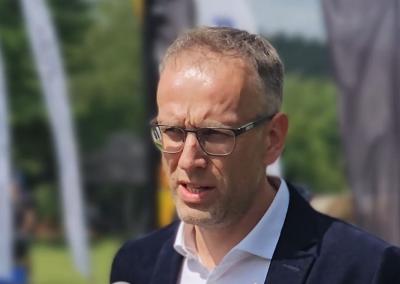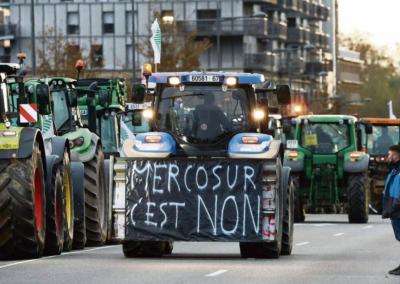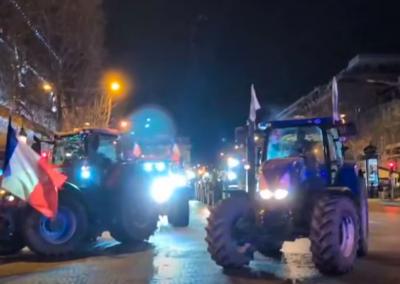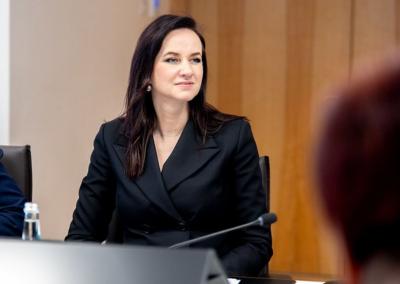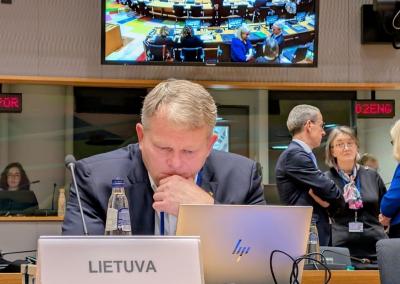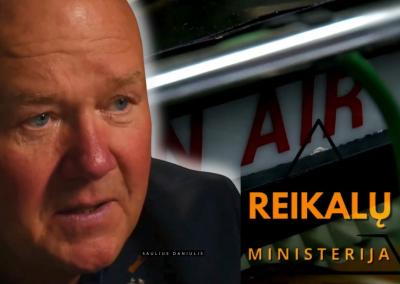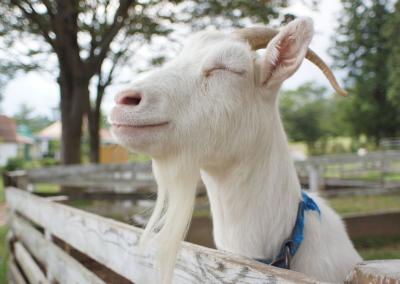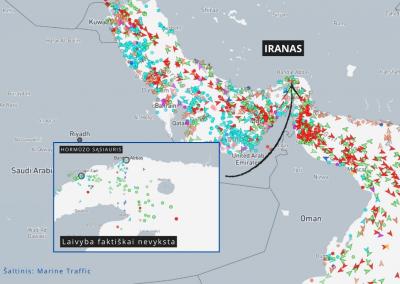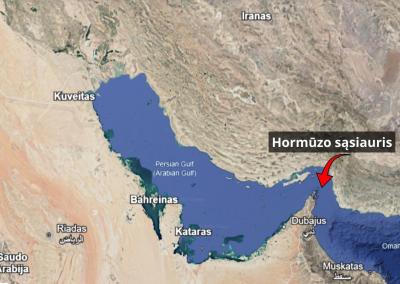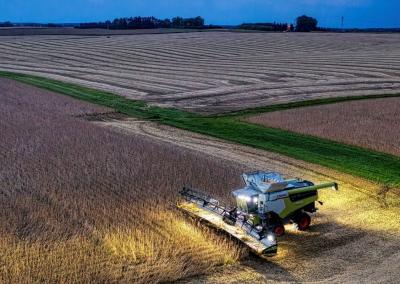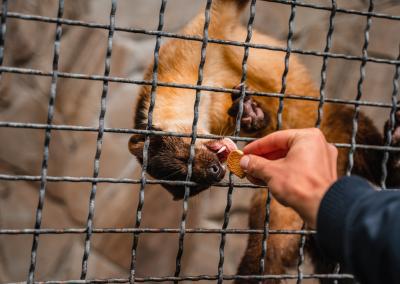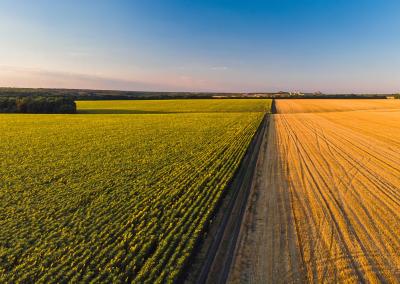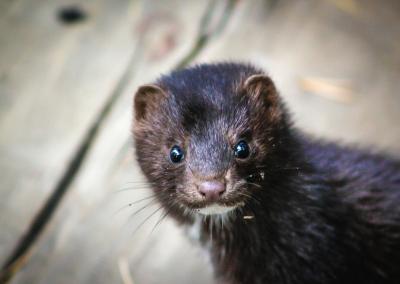Initiatives on the ban on game farms return to the Seimas: postponement, extension of the compensation range
The issue of the fur farms ban returns to the Seimas on Tuesday, with proposals to postpone the ban for two years and to extend the range of farmers receiving compensation.
Liberal Viktoras Pranckietis will table his amendments to the Animal Welfare and Protection Act, which would bring the ban on fur farming into force on 1 January 2029.
Now, these farms are to be gone in Lithuania by 2027.
V. According to Pranckietis, the ban should be postponed because if it is introduced sooner, the farms will no longer be able to generate income from their activities and will no longer be able to repay soft loans.
„As the repayment of soft loans expires on 8 November 2028, the ban on fur farming, in order to be in line with the Constitution, should come into force after the expiry of the deadline – not earlier than 2029“, – says the parliamentarian.
In addition, he proposes that compensation should be paid not only for the cessation of commercial activities aimed at – obtaining or selling fur – but also for the demolition of structures, destruction of facilities, and waste management.
At the same time, the Government proposes to pay compensation also in the case of outstanding preferential loans granted under Covid-19 or the financial instruments for the liquidation of the consequences of Russian aggression.
Interim Minister of Agriculture Ignas Hofmann has said that insurance for the furbearer business makes no sense and should be compensated at a higher level.
According to the Law on Animal Welfare and Protection adopted by the Seimas, fur farms will no longer exist in Lithuania from 2027.
In March this year, the Constitutional Court (CC) ruled that the ban on fur farming introduced by the last parliament did not contradict the country's basic law.


